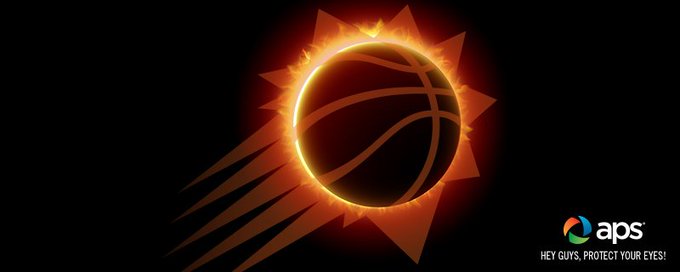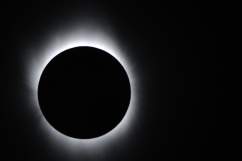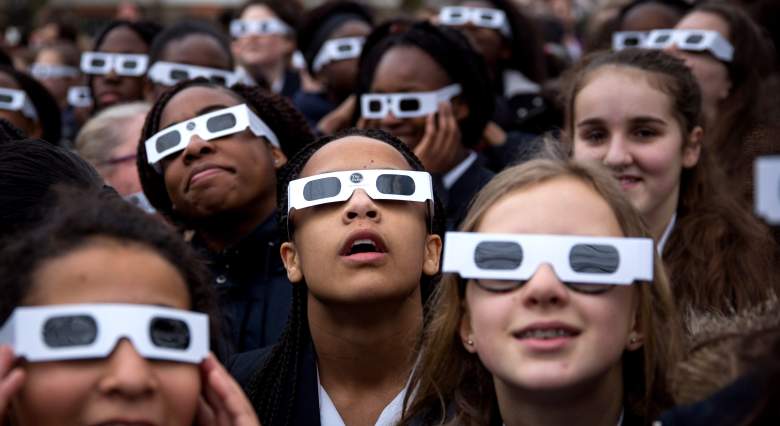
Getty
Phoenix is not in the total eclipse zone. However, that doesn’t mean you don’t have a rare opportunity to experience the grandeur of the Great American Solar Eclipse. You do.
The Arizona city will soon experience a partial solar eclipse, which can be breathtakingly beautiful.
“On Monday, August 21, 2017, all of North America will have a solar eclipse. The Moon will cover at least part of the Sun for 2 to 3 hours,” the American Astronomical Society explains. “Halfway through, anyone within a narrow path from Oregon to South Carolina will experience a brief total eclipse. The Moon will completely block the Sun’s bright face for up to 2 minutes 40 seconds. Day will turn into night, and (weather permitting) one of nature’s most awesome sights will become visible: the Sun’s diaphanous outer atmosphere, or corona.”
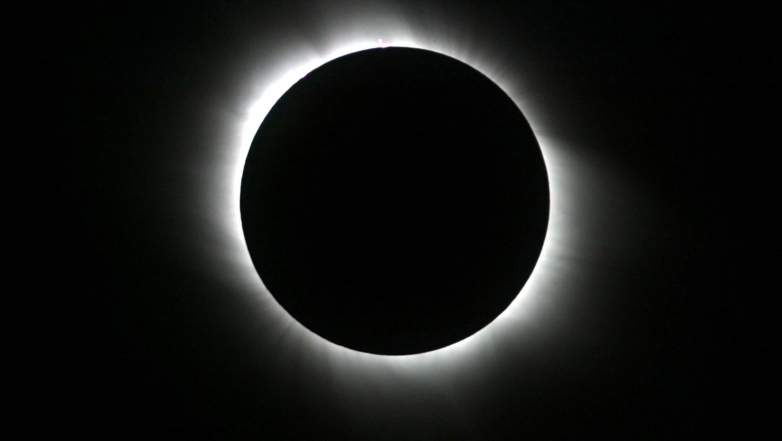
GettyA total solar eclipse in 2006.
According to NASA, the “total eclipse” path, “where the moon will completely cover the sun and the sun’s tenuous atmosphere – the corona – can be seen, will stretch from Lincoln Beach, Oregon to Charleston, South Carolina. Observers outside this path will still see a partial solar eclipse where the moon covers part of the sun’s disk.”
Here’s what you need to know:
ECLIPSE TIME:
The Courier Journal has a great interactive website that allows you to look up eclipse information that is specific to city.
TimeandDate is a similar site that allows you to see information specific to Phoenix. The site reports of Phoenix:
Magnitude: 0.7001
Duration:2 hours, 46 minutes, 27 seconds
Partial begins:Aug 21 at 9:13:54 am
Maximum:Aug 21 at 10:33:43 am
Partial ends:Aug 21 at 12:00:21 pm
Times shown in local time (MST)
DEGREE OF ECLIPSE:
How much of the eclipse will you see in Phoenix? “Partial solar eclipse visible (62.97% coverage of Sun),” reports TimeandDate.
According to the Courier Journal website, “Expect to see the moon cover 62.9% of the sun.”
You can learn more about the differences between total and partial solar eclipses here:
WEATHER:
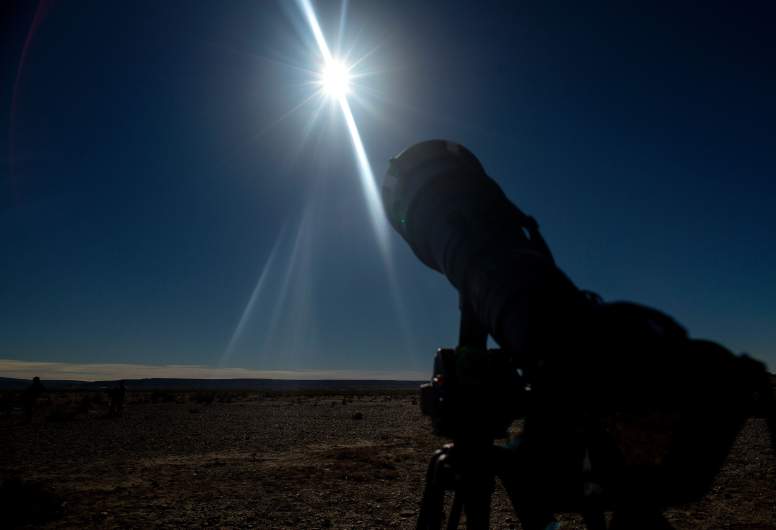
Getty
Weather is a factor in how well you will be able to see the solar eclipse (and remember to use proper solar eclipse glasses and do not look at the solar eclipse if you don’t have them. It could cause serious eye damage, according to NASA).
According to Weather.com, at 9:45 p.m. it was 94 degrees in Phoenix with fair skies.
PATH OF TOTAL ECLIPSE:
How close will the total eclipse get to Phoenix? You can watch the video below. It shows the path of the total eclipse, which will touch 14 states.
However, partial eclipses are rare and majestic events too. There hasn’t been a total solar eclipse in the contiguous United States since 1979.
ADDITIONAL DETAILS:
You can look up solar eclipse times and other information by zip code and city here.
If you didn’t get solar eclipse glasses, don’t risk your eyes. Here are instructions for a fun DIY viewing box that will allow you to experience the grandeur of the eclipse without looking at the sun.


